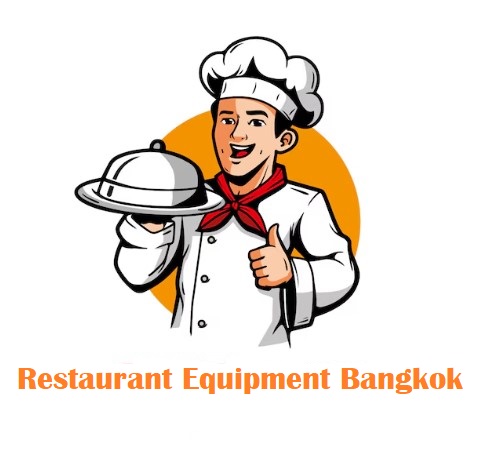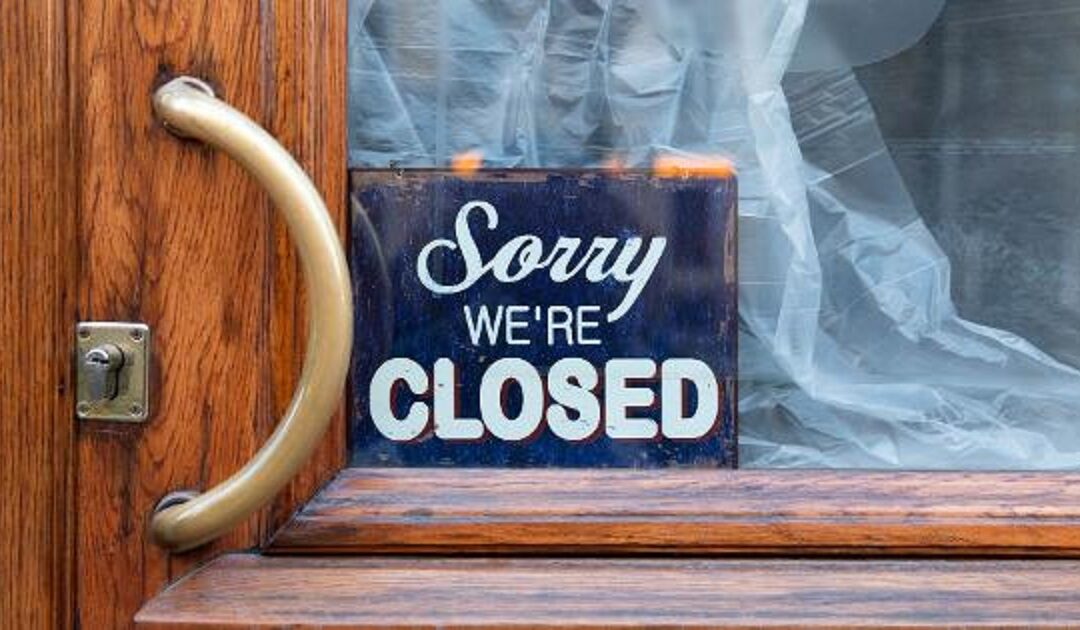The restaurant industry, with its promise of delicious food, unique experiences, and financial rewards, is one of the most alluring entrepreneurial ventures. Yet, it is also among the riskiest. Research shows that a significant percentage of restaurants fail within the first few years of operation. Understanding the reasons behind these failures is crucial not only for aspiring restaurateurs but also for seasoned professionals looking to sustain their business.
- Lack of Proper Planning
One of the leading causes of restaurant failures is inadequate planning. Many aspiring owners enter the industry driven by passion without a comprehensive business plan. A robust business plan should address critical aspects such as target demographics, market research, financial projections, marketing strategies, and contingency plans. Without clear goals and a roadmap to achieve them, restaurants are more likely to falter in the face of challenges.
- Inexperience in the Industry
The restaurant business is not just about good food; it requires expertise in management, customer service, and operations. Owners with limited experience often underestimate the complexities involved, from managing inventory to dealing with staff turnover. For instance, an owner who loves cooking might excel in the kitchen but struggle with accounting, marketing, or labor laws. This lack of industry know-how can lead to poor decision-making and operational inefficiencies.
- Insufficient Capital
Underestimating the financial requirements is another common pitfall. Restaurants require substantial upfront investment for equipment, décor, licenses, and initial inventory. Even after opening, ongoing expenses such as rent, utilities, payroll, and marketing need to be covered. Many restaurants operate at a loss in their early months, and without sufficient capital reserves, they can quickly run into cash flow problems.

- Poor Location
Location can make or break a restaurant. A venue tucked away in an obscure alley or located in an area with little foot traffic can struggle to attract customers. Conversely, a prime location often comes with exorbitant rents, which can strain finances. Successful restaurateurs strike a balance, choosing locations that align with their target audience’s habits and preferences while remaining financially sustainable.
- Failure to Adapt to Market Trends
The restaurant industry is highly dynamic, with trends shifting rapidly. Whether it’s a demand for healthier options, plant-based menus, or technology-driven experiences like online ordering, failing to adapt can leave a restaurant lagging behind competitors. Restaurants that ignore changing consumer preferences risk becoming irrelevant in a crowded market.
- Inconsistent Food Quality and Service
Consistency is critical in building customer loyalty. Diners expect the same level of quality each time they visit. Restaurants that fail to deliver consistent food quality and service often face negative reviews and declining patronage. Even one bad experience can lead a customer to choose competitors over a second visit.
- High Staff Turnover
The restaurant industry is notorious for its high employee turnover. Frequent staff changes disrupt operations and lead to increased training costs and inconsistent service. A toxic work environment, lack of incentives, or inadequate training can exacerbate this issue, leaving restaurants struggling to maintain a reliable workforce.
- Overcomplicated Menus
A menu with too many items can confuse customers and strain kitchen operations. Overcomplication often leads to increased waste, slower service, and inconsistent dish quality. Successful restaurants streamline their menus, focusing on signature dishes that highlight their strengths and appeal to their target audience.
- Poor Marketing and Branding
In today’s competitive landscape, a strong marketing strategy is essential. Restaurants that fail to invest in branding, social media, and promotions often struggle to attract and retain customers. Many rely solely on word-of-mouth, which, while powerful, is not enough to sustain growth. A lack of visibility in an increasingly digital world can severely impact a restaurant’s bottom line.

- Economic and External Factors
External factors like economic downturns, rising food costs, and global events such as pandemics can significantly impact restaurant operations. While these factors are beyond an owner’s control, having contingency plans and a flexible business model can help mitigate their effects. For example, during the COVID-19 pandemic, restaurants that quickly pivoted to takeout and delivery services were more likely to survive.
- Failure to Manage Costs
Cost management is a constant challenge in the restaurant business. From food waste to energy usage, inefficiencies can quickly erode profit margins. Poor inventory management, overstaffing, and uncontrolled spending on non-essential items are common pitfalls. Successful operators monitor their expenses closely and look for ways to optimize operations without compromising quality.
- Overreliance on Trends
While staying updated with trends is important, overreliance on fleeting fads can be risky. Restaurants built around a single trendy concept may struggle to maintain relevance once the novelty wears off. A balance between innovation and timeless appeal is key to long-term success.
- Negative Customer Feedback
In the age of online reviews, customer feedback can make or break a restaurant. Negative reviews on platforms like Yelp or Google can deter potential customers. Failing to address complaints or ignoring feedback can lead to reputational damage that’s hard to recover from. Successful restaurateurs view feedback as an opportunity for improvement and actively engage with their customers.

- Health and Safety Violations
Health and safety violations can lead to fines, closures, and irreparable damage to a restaurant’s reputation. Maintaining cleanliness, adhering to food safety regulations, and training staff on hygiene practices are non-negotiable for any successful operation. Neglecting these areas can have devastating consequences.
- Burnout Among Owners and Staff
The restaurant industry demands long hours, high stress, and physical labor, leading to burnout among owners and staff. When passion turns into exhaustion, it affects decision-making, morale, and overall performance. Owners who fail to delegate responsibilities or invest in work-life balance risk driving themselves and their teams to the breaking point.
Contact us for more information and Restaurant success consultancy


